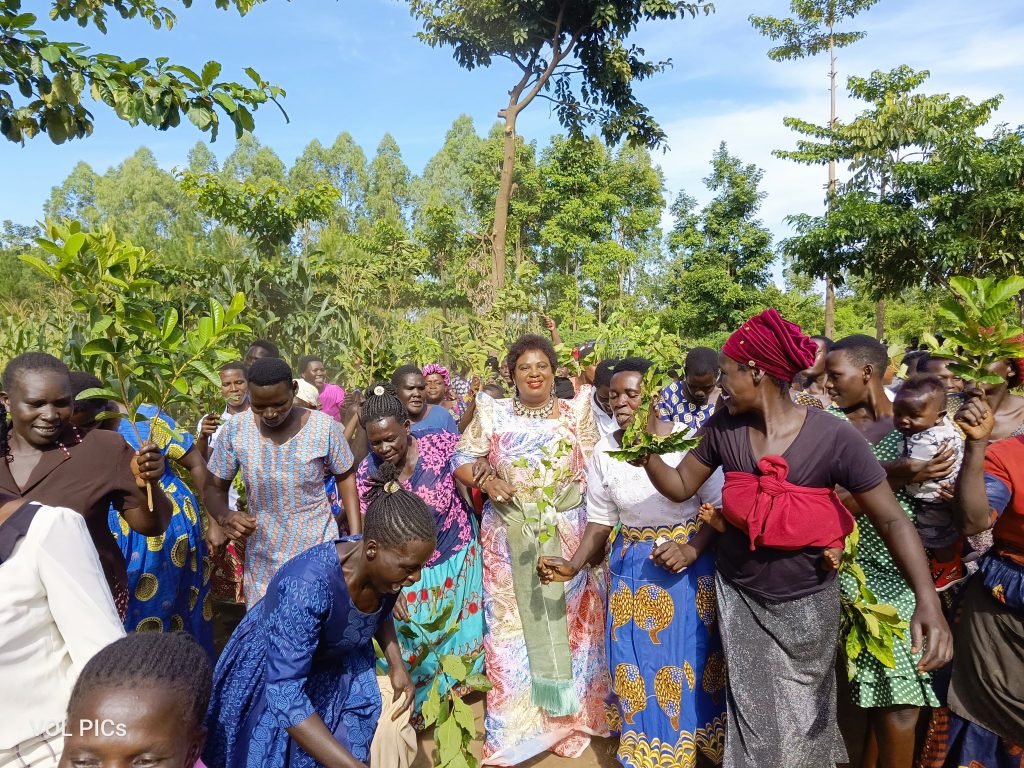
Betty Amongi Akena, a seasoned politician with a 25-year tenure in Uganda’s parliament, is facing scrutiny from the people of Lira City after abandoning her constituency Oyam South for Lira City. Allegations have surfaced suggesting that Amongi may be more interested in exploiting the city’s economic opportunities for personal business gains than in championing the welfare of the residents of Lira City. Lira City, a bustling business hub for Lango and Northern Uganda, seems to be her chosen ground for a series of financial initiatives that some claim serve her business interests rather than a public agenda.
Amongi’s recent venture into offering loans at comparatively low interest rates has stirred mixed reactions. She has promised the residents of Anai and Lira City loans with interest rates as low as 5% on amounts ranging from UGX 100,000 to UGX 500,000. The rates increase to 8% on loans between UGX 500,000 and UGX 2 million, and 10% for amounts up to UGX 20 million. While she describes the initiative as a way to empower the people with affordable capital, residents remember a similar initiative known as the “Hustlers Fund.” During that program, several complaints emerged, alleging that Amongi’s agents were extorting money from loan applicants, which led to its suspension. Now, she has resumed loan distribution, with new assurances of its benefits.
Amongi claims she has “saved plenty of money” from her time in office and has treasury bonds with the Bank of Uganda. Yet many question why, with such personal wealth, she is charging interest on loans instead of providing grants or zero-interest credit. Her emphasis on loan provision, critics argue, indicates a desire to secure long-term profits from interest earnings, cleverly marketed as a welfare scheme.
Amongi’s approach contrasts starkly with that of her political counterpart, Dr. Jane Ruth Aceng Ocero who is treasured and loved by her people of Lira City. As the incumbent, Dr. Aceng has provided substantial support to Lira City’s community groups, distributing grants worth over UGX 440 million without expecting repayment. In the eyes of many Lira City residents, this difference highlights a critical gap in priorities: where Dr. Aceng invests in social support and grassroots development, Amongi’s loan program appears profit-driven.
Amongi’s supporters may argue that her loan initiative could help stimulate economic growth by providing residents with the funds needed to expand their businesses. But many in Lira City and the wider Lango region question her intentions. Is this a genuine effort to uplift the region, or is Amongi capitalizing on Lira City’s economic potential to secure her personal business interests? With her legacy in Lira at stake, her actions in the coming years will likely reveal whether her true ambition lies in public service—or profit.